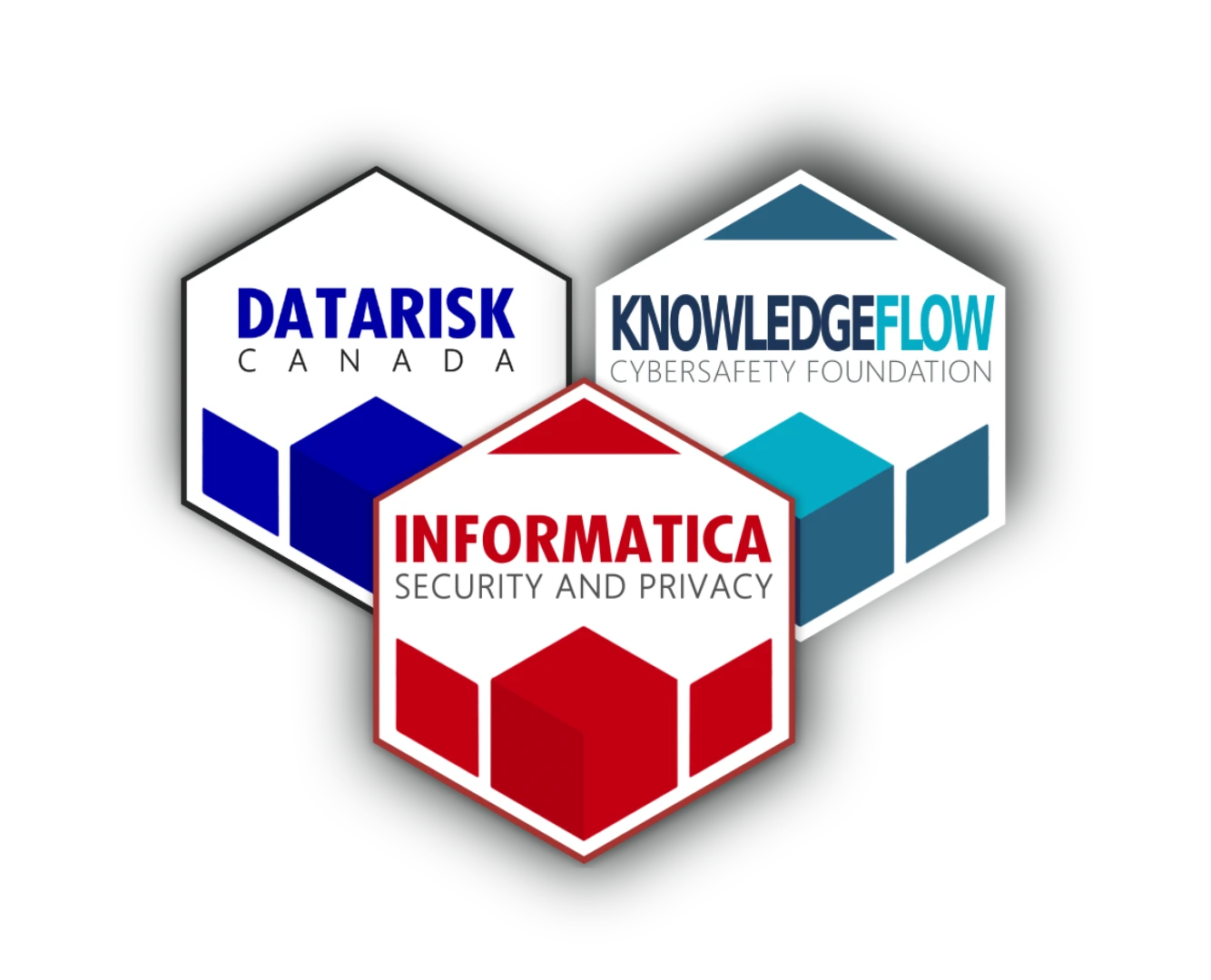Cybersafety Sentinel January 2023 Week 3 | Informatica
Weekly Insights from Cybersafety Sentinel
Stay updated with Informatica’s Cybersafety Sentinel’s January 2023 Week 3 edition. This week, we cover critical topics such as tainted VPNs delivering surveillanceware, data collection on 600,000 users by a surveillance firm, CSAM reporting to the RCMP, cyberattacks on schools, and industrial espionage. Gain expert strategies to enhance your cybersecurity measures and protect your digital assets.
Featured Cybersafety Sentinel Posts
Check out our featured posts below for the latest insights from Cybersafety Sentinel.

Claudiu’s Top Post
I flatly reject the notion of “lawful” #backdoor access to technology, but I do get the need for more resources, greater collaboration and jurisdictional authority. Yet I can’t help but wonder whether open “coopetition” wouldn’t be a solution for dealing with the problem at scale. Read More

Beware: Tainted VPNs
Tainted VPN installers are being used to deliver a piece of surveillanceware dubbed EyeSpy as part of a malware campaign that started in May 2022. EyeSpy has the ability to fully compromise online privacy via keylogging and stealing of sensitive information, such as documents, images, crypto wallets, and passwords. Read More

Firm Collected Data on 600,000 Users
Meta has sued to block a surveillance company from using Facebook and Instagram, alleging the firm, which has partnered with law enforcement, created tens of thousands of fake accounts to collect user data from more than 600,000 Facebook users, including posts, likes, friends lists, photos, comments and information from groups and pages. Read More

Send CSAM Reports to RCMP
We‚ are pleased to announce that Safer Reporting Service now includes the option to send reports to the Royal Canadian Mounted Police (RCMP). The addition of RCMP reporting is a major step forward toward reaching our goal of eliminating CSAM from the internet. Read More

Schools Hit by Cyberattack
Schools are at particular risk of being targeted by cybercriminals, with more than three-quarters of those taking part in a national security audit experiencing at least one incident last year. Over one in five schools experienced a malware and/or ransomware attack and 18 per cent experienced periods where staff had no access to important information. Read More

Industrial Espionage
In October, Washington announced some of the broadest export controls yet, requiring licences for companies exporting chips to China using US tools or software, no matter where they are made in the world. Washington’s measures also prevent US citizens and green card holders from working for certain Chinese chip companies.Read More








